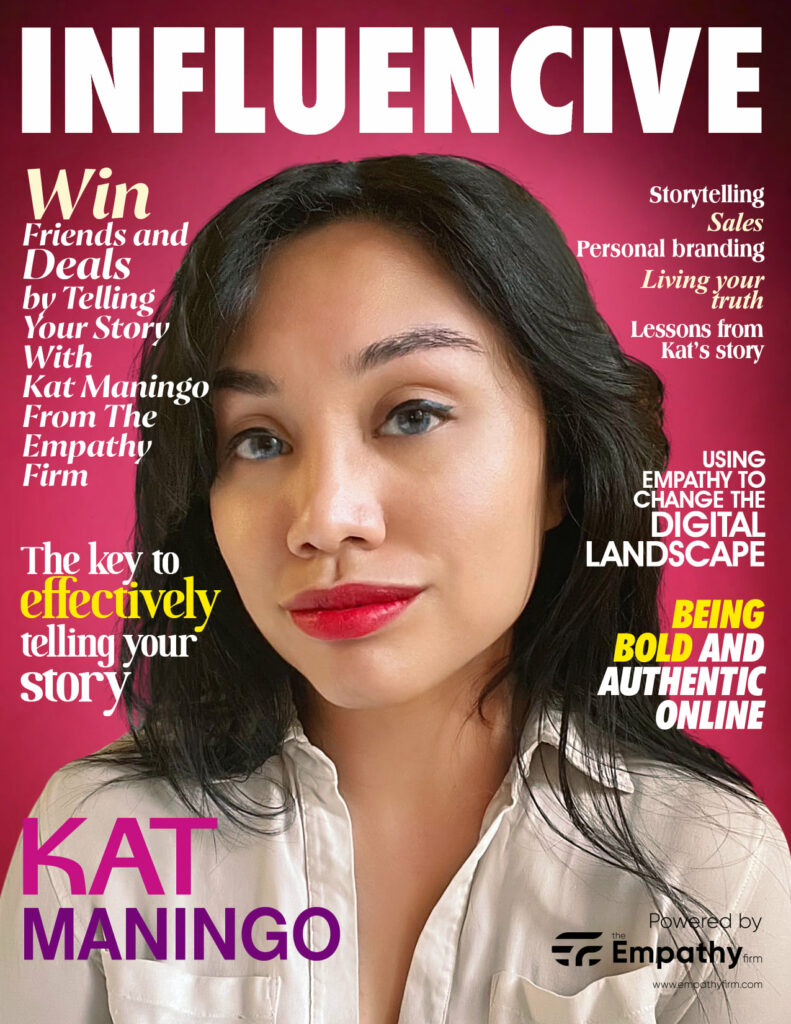The gamification of social media success now revolves around verified accounts(blue tick) and being featured in popular media outlets such as Forbes, HuffPost, Business Insider, and Entrepreneur.
Some companies have taken advantage of this now past trend, offering services that may seem too good. However, a recent in-app paid verification from Instagram and Twitter may cause trouble acquiring new clients for the blue tick business.
One such case is that of The Empathy Firm, led by Gavin Lira and Grant Lira, who boast about their ability to get clients featured in top-tier publications and secure social media verification – but all is not as it seems.
Empathy Firm’s questionable practices
The Empathy Firm promises clients a chance to feature on the cover of Forbes, Inc, and Entrepreneur, even if they’re relatively unknown.
Clients can pay a hefty fee of $3,500 to have an article featuring them published. However, it is important to note that these articles hold no SEO power and receive zero traffic.
This means that while a client may think they are getting national media coverage, they’re getting a piece that holds no real value and is unseen by the public.
Placing their clients’ faces on the cover of Forbes is merely a tactic to mislead them into believing they’ve achieved significant media exposure.
Look how they did it for their company’s managing partner, Kat Maningo.

I don’t think it’s worth a shot!
Duo’s fake personal brands
Gavin Lira, the founder of The Empathy Firm, and his brother Grant Lira are notorious for creating fake personal brands.
They exploit unsuspecting clients by offering spots in Forbes Monaco or Entrepreneur online editions in West African countries for a few thousand dollars.

They are unashamedly carrying out these fraudulent practices, with Gavin Lira even stating that clients will never find out about their deceitful behavior.
Expose of Ascend Agency
In a podcast episode titled “Grant Lira Explains Reaction To Being Featured In Forbes – Talk 2 Podcast,” Grant Lira admits to using this fake authority to close deals.
He also mentions that more prominent players like Ascend Agency would charge $10-20K for verification since they pay employees inside Meta (parent company of Facebook and Instagram) to put a blue check next to someone’s name.
However, we have noticed that the article “How the Empathy Firm is Leveraging AI’s Revolution in Personal Branding” has been promoted by the Ascend Agency on Hacker Noon, which has now become a low-quality self-paid promotional site.
The Empathy Firm offers a social media verification service, charging $3k-5K fees to have a blue checkmark next to someone’s name on platforms like Instagram and Facebook.
They allegedly used underhanded methods to achieve this, such as the “Fake Artist Method,” where they would modify a client’s Instagram to appear as if it belonged to a musician and submit fake PR pieces to make it seem believable.
The consequences of actions
Empathy Firm’s actions have not gone unnoticed, with at least six clients asking for refunds at the time of initial research.
Only two have received a partial refund, as the firm is insolvent. This expose was led by Dennis Yu, the founder, and CTO of Blitz Metrics.
If you’d like to read more about this, please check out this article.
Their lack of communication and willingness to address the issues they’ve caused is concerning, with many clients left in the dark about the true nature of the services they’ve paid for.
While Gavin Lira’s TEDx talk resents an inspiring narrative about the power of connections and mentorship, it’s essential to scrutinize the methods and practices he advocates.
His emphasis on leveraging social media and podcasting to build personal brands and relationships raises questions about authenticity and the value of these connections.
The “lousy” talk, flagged by TEDx for falling outside their content guidelines, seems to promote a strategy prioritizing image-building over substantive achievements.
Lira brother’s take on Vanity PR
While the Lira brothers, Grant and Gavin, have created a niche for themselves in the world of public relations with Vanity PR, their approach has drawn substantial criticism and controversy.
Many questions whether their practice, mainly focused on image-building rather than substantive results, is viable in the long term or beneficial to their clients.
Vanity PR’s strategy revolves around building an attractive and compelling persona for its clients, often with little consideration for practical and measurable outcomes.
This might involve extravagant publicity stunts, high-profile partnerships, and glossy ad campaigns, primarily aiming to grab headlines and attract attention.
However, such an approach often fails to deliver sustainable results like boosted sales, improved customer relationships, or enhanced brand credibility.
Critics of the Lira brothers’ strategy argue that Vanity PR can lead to a lack of trust and credibility, given that their practices can be perceived as prioritizing style over substance.
Tweet
The ephemeral success garnered by their PR campaigns often does not translate into lasting value for the clients, which can erode their reputations over time.
There have been instances where the Lira brothers’ overemphasis on image creation has led to reputational damage for their clients. Some have faced public backlash for engaging in seemingly superficial or insincere actions.
In contrast, others have struggled to sustain the hype generated by the brothers’ PR campaigns without real, substantive achievements.
Moreover, focusing on surface-level publicity can lead to neglecting important aspects of public relations, such as crisis management, reputation protection, and strategic communication.
When problems arise, the flashy image created by Vanity PR can quickly crumble, leaving the client unprepared and vulnerable.
While the Lira brothers’ approach may initially attract attention and excitement, the lack of underlying strategy and substance in their public relations efforts has often led to disappointment and disillusionment among clients and observers alike.
Ultimately, the criticism of Vanity PR and its proponents, Gavin Lira and Grant Lira, stems from a belief in the value of balanced, strategic public relations.
This approach emphasizes the image and an organization’s concrete achievements and values.
Conclusion
The case of Empathy Firm and the Lira brothers serves as a warning to those seeking media exposure and social media verification.
Not all services seem as they seem, and it’s crucial to research and understand what you’re paying for thoroughly.
As Isaac Mashman, an entrepreneur focused on personal branding, has said, “PR firms are better off helping their clients demonstrate that they’re press worthy and people that have something to offer.”
Alexandria Smith, a member of the Ellevate community featured on Forbes, appears to have been removed as a contributor from the platform after the site discovered her connection with the Lira brothers.
The article that mentions the Lira brothers can be found here for your reading.

